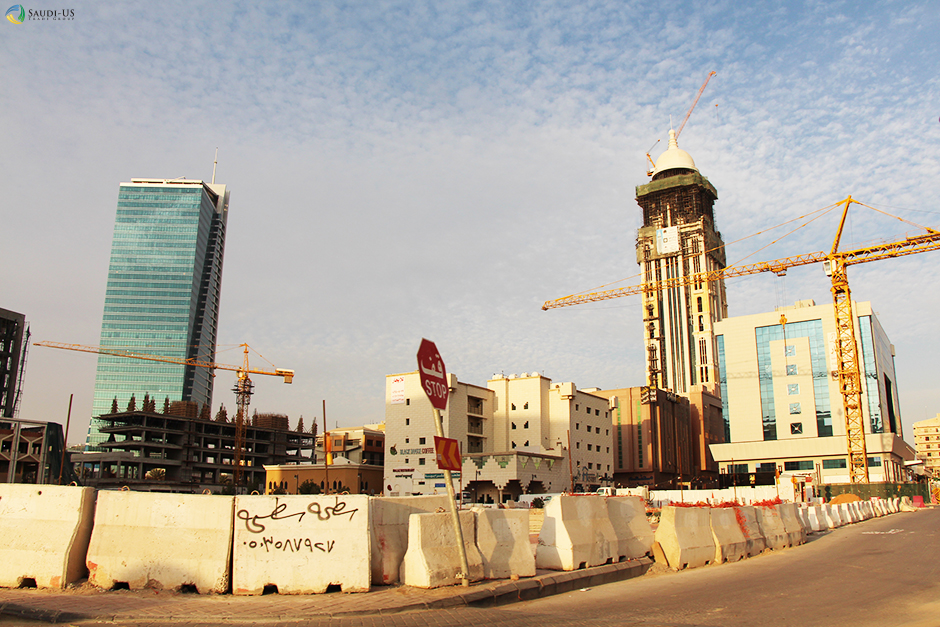The Saudi Binladin Group (SBG) is facing its toughest challenges in the construction giant’s 85 years of operation as tightened government spending and a 8-month restriction on new projects in the pipeline has undermined the company’s finances.
Saudi Binladen has announced a reduction in jobs totaling 77,000, or about one-third of its total workforce.
“The most telling sign of the company’s crisis is the warning that it is also planning to fire between 12,000 and 17,000 Saudi nationals, including some in top management and supervisory roles,” writes Courtney Trenwith in the Dubai-based ArabianBusiness.com.
SBG’s building troubles were seriously compounded on September 11th, 2015 when a violent storm in Mecca caused a crane to collapse in the holy city, killing 111 people.“The crash embarrassed the king, since he is the Custodian of the Two Holy Mosques in Mecca and Medina and responsible for ensuring they are safe,” writes Bruce Riedel in Brookings, calling Binladen the “scapegoat” for the accident. The resulting bans on travel for top executives and the prevention of new contracts being awarded to the construction group has suffocated its bottom line.
Last week, thousands of disgruntled workers that were laid off by the construction company reportedly took their anger out by torching a fleet of busses near Mecca. At least seven protesters were arrested following the arson attack.
A recent report by from the Dubai-based CNBC Arabic channel suggested that bankruptcy might be the organization’s best option at this stage to save the company. Regional and international bankers say the group is sitting on more than $30 billion in debt, according to a report in MarketWatch. However, the absence of Western-style bankruptcy courts in Saudi Arabia means that “any sort of restructuring proceedings at SBG would be lengthy and complicated,” ultimately requiring a “political solution.”
That is a situation that SBG and the Saudi government both would like to avoid. To do that, SBG needs to start earning again, and perhaps now that the construction giant has reportedly received a royal decree allowing it to bid for state contracts again, the group can set its sights on new, badly-needed revenue streams to right the ship.










